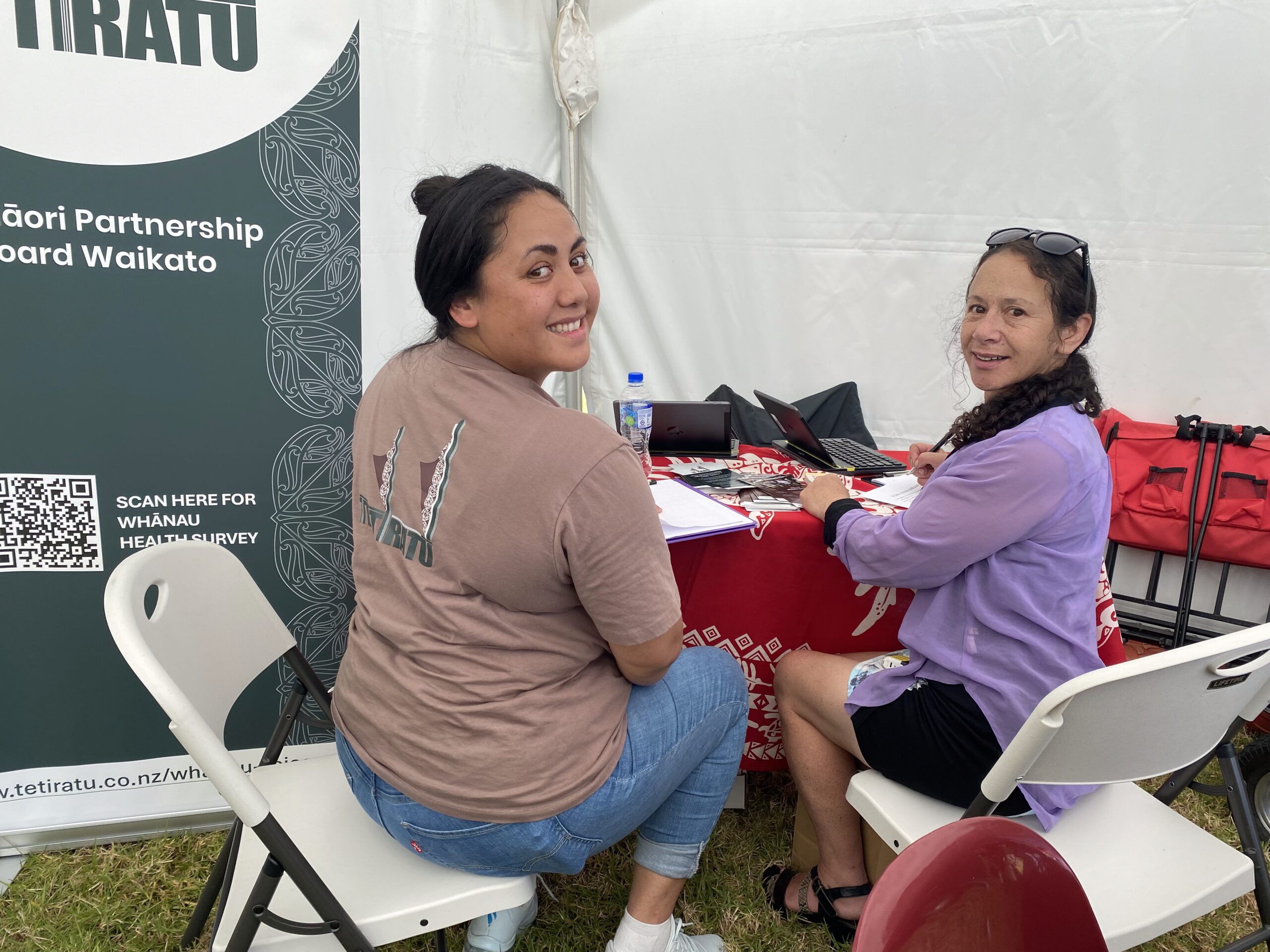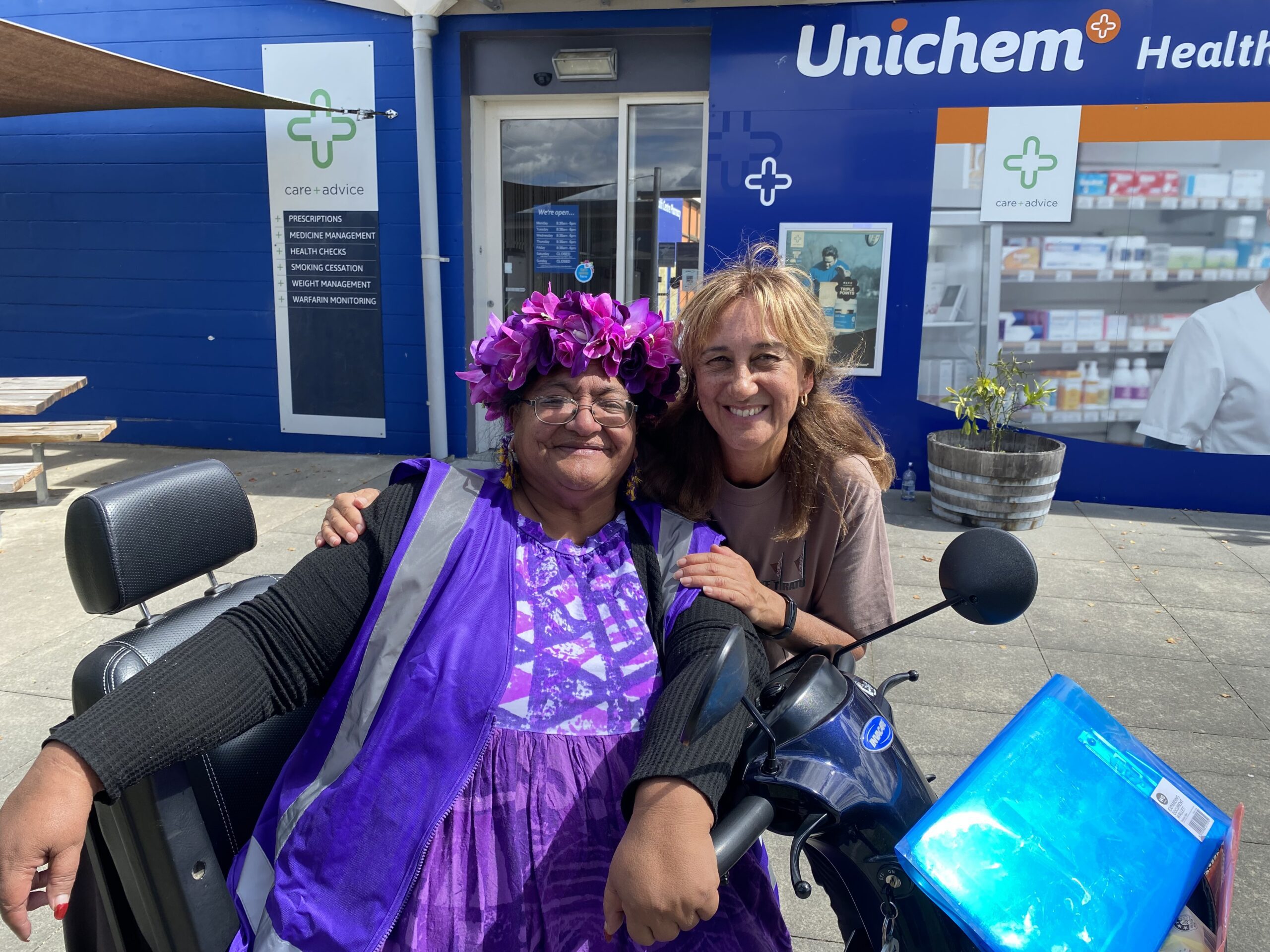At Te Tiratū Iwi Māori Partnership Board, our role under section 29 of the Pae Ora (Healthy Futures) Act 2022 is clear: to represent Māori voices—and to champion better health outcomes, better services, and better ways of working with the health system that reflect our realities, values, and aspirations.
Our April Whānau Voice Report lifts the lid on what’s happening in our homes, clinics, and hospitals—and what our whānau are calling for. We heard from 53 in our rohe, mostly Māori, mostly wāhine.
Behind every percentage and piece of data is a story—a lived experience of a whānau member trying to navigate a health system that too often feels cold, distant, and unaffordable.
“We’re still waiting.”
Too many whānau are waiting too long for care—GP appointments, referrals, or surgeries. Many whānau are living with multiple long-term illnesses—diabetes, cancer, heart disease—and are expected to manage complex conditions without enough support.
- 23% of respondents said the availability of healthcare is their biggest barrier.
- Many also shared that GP appointments are hard to get, and they often resort to visiting the hospital for non-urgent care.
One kuia shared how her husband finally had life-saving heart valve surgery—but no cardiac follow-up. “No specialist for his 6-week check-up—he wasn’t seen for 11 months. They found a growth and a tear around the valve.” She says they were lucky. What if they hadn’t pushed?
Whānau told us delays in accessing care—from GPs to surgery—are harming their health. “I’ve been waiting for gallbladder surgery since June 2023. It’s stopping me from going back to work.”
A mother said she’s been on the waitlist for her child’s ear operation for two years. Her tamariki has asthma, and their whare is cold. “Keeping the house warm is hard,” she said. “But we try.”
Another was battling on all fronts saying, “I’m dealing with diabetes, AFib, rheumatic fever, dementia, and a family history of cancer.” The lack of mental health services is not meeting the needs of whānau either —especially for tāne and tamariki.

Photo: Raven Torea Whānau Voice kaimahi Te Tiratū Iwi Māori Partnership Board and local whānau giving whakaaro.
“Not enough money.”
This is the silent crisis. Whānau are struggling to afford warm homes, healthy kai, and basic healthcare. For many, choosing between kai and medication is a painful daily decision.
- 27% of whānau said the cost of care is their biggest health barrier.
- That’s more than one in four.
The cost of living came up more than any other challenge. One father shared:
“I work seasonal jobs. I can’t always afford the doctor. So I wait.”
Another said: “Appointments, prescriptions, fuel to get there—it’s too much. Sometimes we choose between kai and meds.”
This is more than just money. It’s about dignity. About being forced to choose between filling a prescription or putting food on the table. About delaying care until it’s urgent.
“We go to the hospital because there’s nowhere else.”
When GP appointments aren’t available, hospitals fill the gap—especially for rural whānau.
- Many whānau told us they use ED services for non-emergencies.
- Others described long wait times, lack of transport, and stress.
Some said they waited from 8-11 hours at A&E—long, draining hours for kaumātua, pēpi, and māmā. Rural hospitals had shorter wait times 3-6 hours. Some had to give up and go home. Others sat in shuttle vans all day to reach the nearest hospital, with no breaks, no support, and no energy left.
“We’re rural,” one koro said. “It’s hard to get anywhere. The system wasn’t built for people like us.”

“We want doctors who understand us.”
Whānau told us they feel safer and heard when care is delivered by people who understand their world, their tikanga, their reo.
- 14% of respondents said the cultural safety of care needs to improve.
- Many said Māori health workers and services made a positive difference.
“We need more Māori nurses and doctors. They get us. They listen. They didn’t just treat us. They respected us.”
“When we went to a kaupapa Māori clinic, they treated us with mana. It wasn’t just the medicine—it was the whole experience.”
But too often, not everyone receives that experience and the opposite is true. One whānau shared a story about caring for their kaumātua in hospital: “The immigrant nurse lacked empathy. No pillow, no kindness, no empathy – it hurts.”
“We’ve got ideas, if someone would listen.”
Whānau didn’t just tell us what’s wrong—they told us what would help. Their priorities were consistent, clear, and backed by strong numbers:
- 24% of whānau said we need more doctors, more appointments, and shorter wait times. Our people are tired of waiting weeks—or months—to be seen.
- 27% said the cost of care is too high. Lower costs, especially for low-income families and those not eligible for subsidies, would make a huge difference.
- 14% called for better transport and services closer to home especially for rural and remotely based whānau, distance is a major barrier. More transport options and local services are needed.
- Another 14% asked for more culturally safe, Māori-led care—where whānau feel seen, heard, and respected.
- 13% want services that talk to each other, with better coordination and communication between providers, clinics, and hospitals.
- 10% reminded us that health doesn’t exist in isolation. They want whānau-centred, holistic support that includes safe housing, stable income, kai, education, and justice.
“Our care needs to reflect our world. Te ao Māori matters in healing.”
“It’s not just one thing—it’s everything.”
Whānau know what good care looks like. The system just needs to catch up.
These stories are not isolated—they are consistent, urgent, and reflect the reality that for many whānau, the health system is not delivering what it promised.
Te Tiratū carries a legal and moral responsibility to ensure our Whānau Voice reporting is heard. We will continue to advocate for a health system grounded in manaakitanga, equity, and tino rangatiratanga.